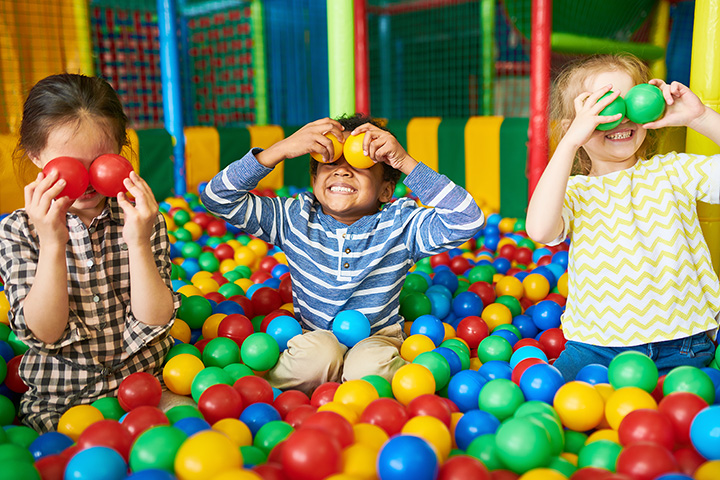13
Jun.2023

Parents should encourage and facilitate their kids to play together for several important reasons:
- Social development: Playing with other children allows kids to develop social skills and learn how to interact with their peers. They learn important lessons in sharing, cooperation, negotiation, and empathy, which are crucial for building healthy relationships throughout their lives.
- Communication skills: Playing together provides children with opportunities to practice their communication skills. They learn how to express their thoughts, ideas, and feelings effectively, while also learning to listen and understand others. These skills are essential for successful communication in various aspects of life.
- Emotional intelligence: Interacting with peers during play helps children develop emotional intelligence. They learn to recognize and manage their own emotions, as well as understand and empathize with the emotions of others. This emotional awareness contributes to their overall emotional well-being and supports positive relationships.
- Conflict resolution: When kids play together, conflicts and disagreements are bound to arise. This provides valuable opportunities for them to learn how to resolve conflicts in a peaceful and respectful manner. They develop problem-solving skills, compromise, and negotiation abilities, which are essential for navigating conflicts in their future interactions.
- Creativity and imagination: Playing with other children sparks creativity and imagination. They engage in imaginative play, invent games, and create unique scenarios together. This collaborative play fosters their creativity and encourages them to think outside the box, expanding their imaginative capacities.
- Teamwork and cooperation: Playing with peers teaches children the importance of teamwork and cooperation. They learn to work together towards common goals, share responsibilities, and support each other. These skills are crucial for success in group activities and future endeavors that require collaboration.
- Building friendships: Playing together provides an opportunity for children to form friendships. Through shared experiences, common interests, and spending time together, they develop meaningful connections with their peers. These friendships contribute to their social support system and can have a positive impact on their overall well-being.
- Physical activity and health: When kids play together, they engage in physical activities that promote their health and well-being. Outdoor games, sports, and active play contribute to their physical fitness, coordination, and overall development. Playing together also encourages a more active lifestyle, reducing sedentary behavior.
- Cultural understanding and diversity: When children play together, they have the opportunity to interact with peers from different backgrounds, cultures, and experiences. This exposure helps foster tolerance, respect, and understanding of diversity, promoting a more inclusive and empathetic society.
In summary, allowing kids to play together is crucial for their social, emotional, and cognitive development. It enhances their social skills, communication abilities, creativity, teamwork, and conflict resolution skills. Moreover, it promotes physical activity, builds friendships, and fosters cultural understanding. Therefore, parents should encourage and support their children in engaging in playtime with their peers.
Category: Party
